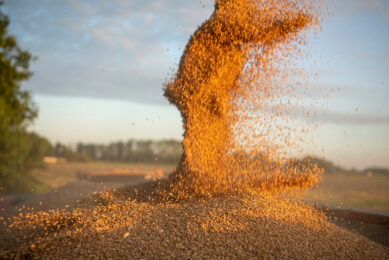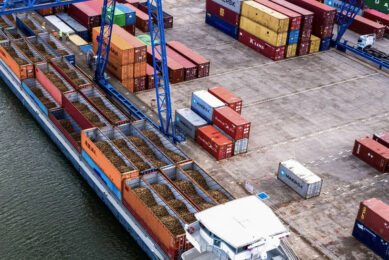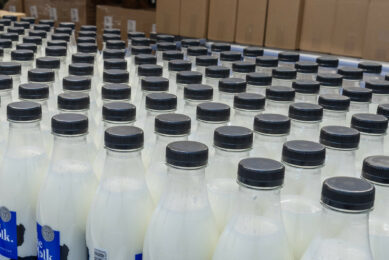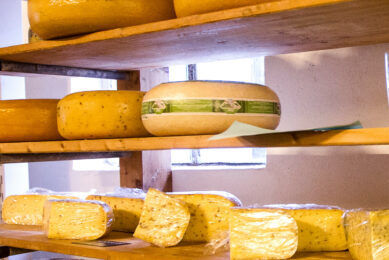Growth in Asia: New dairy plants by major companies
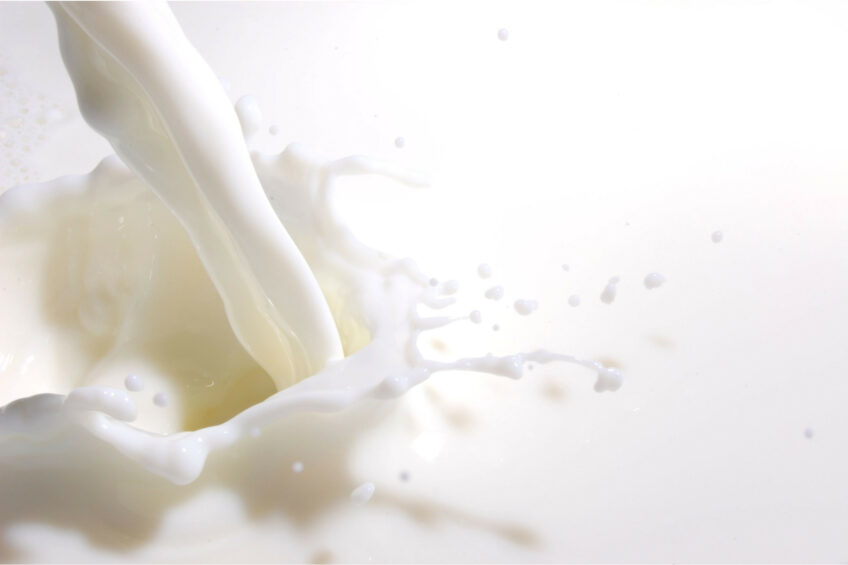
Dairy production is growing in Asia, with new plants being built by major companies.
In Indonesia, a new processing plant has just been opened by FrieslandCampina subsidiary ‘Frisian Flag Indonesia’ in Cikarang, West Java. The factory, which cost €257 million to build and spans over 25 hectares, will help the company meet increasing domestic demand for dairy products.
About 400,000 kg of milk will be processed per day, and yearly, 700 million kg of milk and other dairy products will be produced. ‘Green’ features of the brand new plant include biomass boilers, wastewater recycling and solar panels.
Meanwhile, in India, Sid’s Farm has secured US$10 million in investment funding to build processing plants to meet growing demand in Hyderabad and Bengaluru. Company founder Dr Kishore Indukur: “We strongly believe that there is an opportunity to serve over 100,000 families every day in these two markets alone.”
Toehold in US market
At the same time, Asia’s largest and fastest-growing dairy company, China-based Yili Group, is growing its trade into the US, recently opening its first store in Los Angeles, California. This follows the approval of various Yili products by the US Food and Drug Administration, including Ambpomial and Youngfun liquid products. However, prior to this point, Yili’s Kabrita goat milk infant formula and Westgold butter were already being sold in the US market.
Yili’s focus on the US market involves all 4 of its main business lines: liquid milk, milk powder, ice cream and butter.
Yili in Australia
In mid-June, at the 7th China-Australia Business Leaders Roundtable held in Australia, executive president of Yili Group, Liu Chunxi, discussed deepening cooperation with Australian partners in raw material procurement, dairy farming, dairy technology R&D, and nutrition/health products.
This comes at a time, as recently noted in Dairy Global, that Australia’s domestic milk production is contracting significantly. Milk production has shrunk to its lowest level in 30 years – sitting now at about 3 billion litres less than the industry’s peak of 11.2 billion litres in the early 2000s. Dairy farmers are struggling with high costs and lower farmgate prices, making staying in the business impossible for many, and deterring the next generation.
However, demand is strong for dairy products in Australia. According to Dairy Australia, imports of dairy products like butter and cheese have nearly tripled to 27% over the past 22 years and continue to rise.
Fortified products
Yili also recently announced a collaboration with Xampla to use Xampla’s microscopic natural polymer capsules to fortify a wide range of its products with vitamins and other nutrients.
According to Xampla, these capsules “protect ingredients in beverages, from production through to digestion, without changing product taste or texture. The technology guards against degradation risks from UV, pH or heat shock.”



